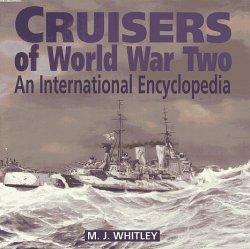Between 1871 and 1914, Europeans experienced a long
period of peace as the great powers managed to achieve a
fragile balance of power in an effort to avert a re-creation
of the destructive forces unleashed during the Napoleonic
era. But there were a series of crises that might easily
have led to general war. Until 1890, Bismarck, the
chancellor of Germany, exerted a restraining influence on
Europeans. He realized that the emergence in 1871 of a
unified Germany as the most powerful state on the Continent
had upset the balance of power established at Vienna
in 1815, making many Europeans uneasy. Fearful of
a possible anti-German alliance between France and Russia
and possibly even Austria, Bismarck made a defensive
alliance with Austria in 1879. In 1882, this German-
Austrian alliance was enlarged with the entrance of Italy,
angry with the French over conflicting colonial ambitions
in North Africa. The Triple Alliance of 1882 committed
the three powers to support the existing political
and social order while providing a defensive alliance
against France. At the same time, Bismarck maintained a
separate treaty with Russia and tried to remain on good
terms with Great Britain.
When Emperor William II cashiered Bismarck in
1890, he embarked on an activist foreign policy dedicated
to enhancing German power by finding, as he put
it, Germany’s rightful “place in the sun.” The treaty with
Russia was canceled as being at odds with Germany’s alliance
with Austria. But the result was what Bismarck had
feared: it brought France and Russia together. Republican
France leapt at the chance to draw closer to tsarist
Russia, and in 1894, the two powers concluded a military
alliance. During the next ten years, German policies
abroad caused the British to draw closer to France. By
1907, a loose confederation of Great Britain, France, and
Russia—known as the Triple Entente—stood opposed
to the Triple Alliance of Germany, Austria-Hungary, and
Italy. Europe was divided into two opposing camps that
became more and more inflexible and unwilling to compromise.
When the members of the two alliances became
involved in a new series of crises between 1908 and 1913
over the remnants of the Ottoman Empire in the Balkans,
the stage was set for World War I.
|
|
||||||||
|
Www.WorldHistory.Biz
Sundries
 Contact Contact
|
 
10-08-2015, 16:28
INTERNATIONAL RIVALRY AND THE COMING OF WAR
  |
|||||||
 |
 |
 |
 |
|||||
|
||||||||

 World History
World History





